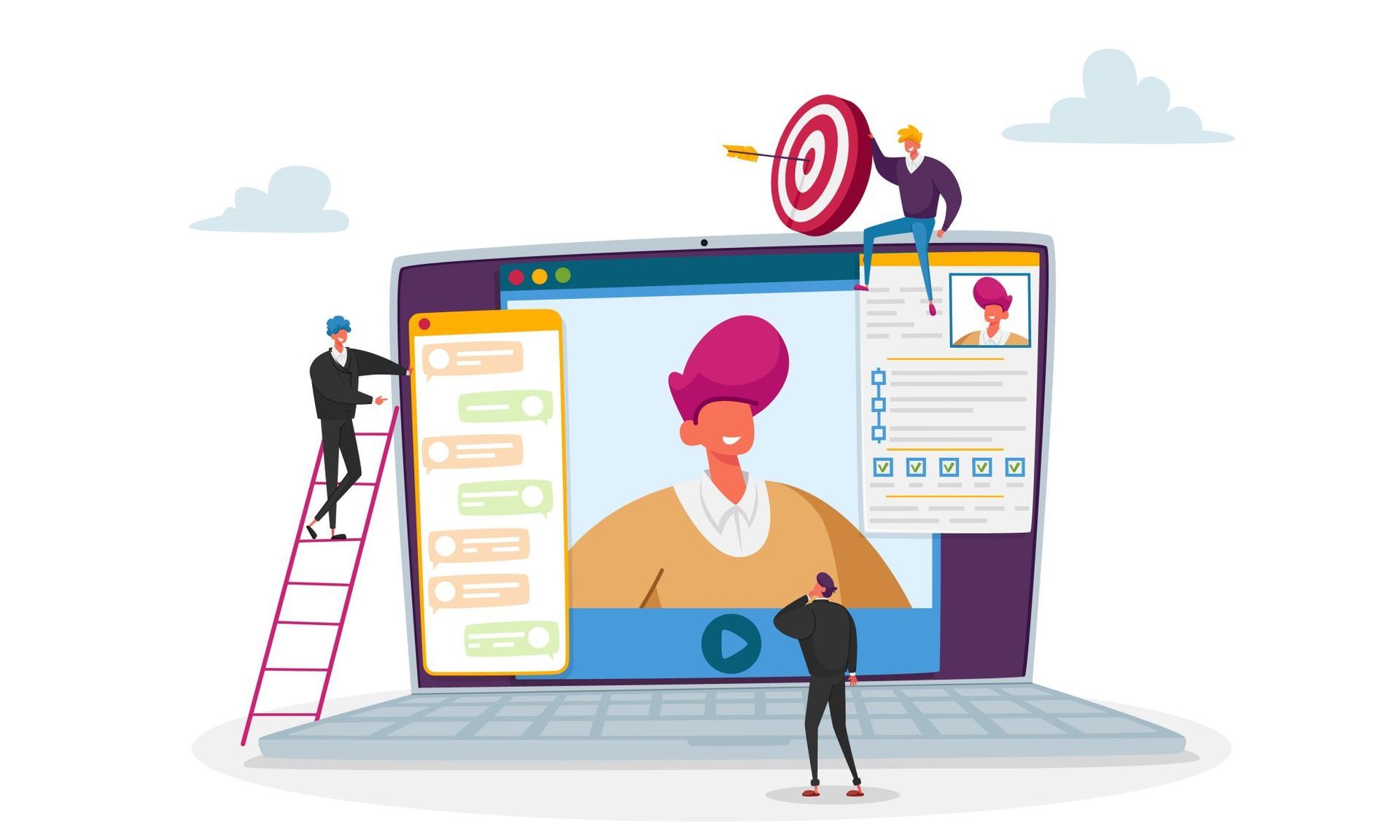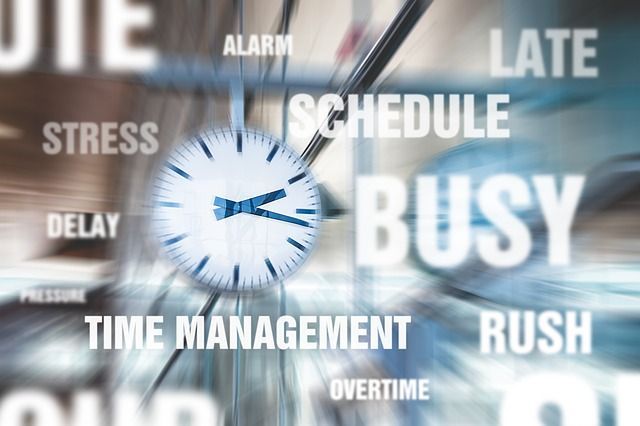BLOG
BLOG CATEGORIES
SUBSCRIBE TO OUR BLOG
Blog Subscribe
Thank you for contacting us.
We will get back to you as soon as possible.
We will get back to you as soon as possible.
Oops, there was an error sending your message.
Please try again later.
Please try again later.

by Rachel Keen
•
13 Mar, 2024
In recent years, the traditional 9-to-5 office model has undergone a revolutionary transformation. The rise of technology and changing attitudes towards work-life balance have given birth to the concept of hybrid working – a flexible work arrangement that combines both remote and in-office work. This shift has brought about many benefits for both employers and employees, ushering in a new era of productivity, collaboration, and overall job satisfaction. Enhanced Flexibility: One of the primary advantages of hybrid working is the unparalleled flexibility it offers. Employees no longer need to be confined to their office desks from 9 to 5; instead, they can choose when and where they work. This flexibility allows individuals to tailor their work hours to their peak productivity times, promoting a healthier work-life balance and reducing stress levels. Increased Productivity: Contrary to the initial scepticism surrounding remote work, numerous studies have shown that employees in hybrid working environments often experience increased productivity. The absence of a daily commute, reduced office distractions, and the ability to create a personalised work environment contribute to a more focused and efficient workforce. Cost Savings: From the employer's perspective, hybrid working translates to significant cost savings. With fewer employees in the office daily, companies can downsize their physical office space, leading to reduced rent and utility expenses. Meanwhile, employees can save on commuting costs and allocate those funds elsewhere, further contributing to financial well-being. Improved Employee Well-being: The flexibility offered by hybrid working promotes better mental and physical well-being among employees. The ability to customize one's work environment, take breaks as needed, and avoid the stress of commuting, contributes to increased job satisfaction and overall happiness. Resulting in lower turnover rates and a more engaged and motivated workforce. In Summary The benefits of hybrid working are evident across various aspects of professional life. From increased flexibility and productivity to cost savings and improved employee well-being, this modern work model is reshaping the way we approach our careers. As businesses continue to evolve and adapt to the changing landscape, embracing hybrid working may very well be the key to a more sustainable, efficient, and fulfilling future of work. If you think you would benefit from hybrid working get in touch with one of our consultants and we would be happy to support you in finding a new role.

by Randy Lamotte
•
20 Jul, 2022
Covid-19, as we all know, has completely changed the game in many aspects of people’s working lives. More specifically, it’s no secret that in recent years a massively increasing number of interviews and meetings had to shift to a virtual setting to make sure everyone involved would be safe.
Quick Links
Expertise
© 2024
ASC Connections All Rights Reserved







